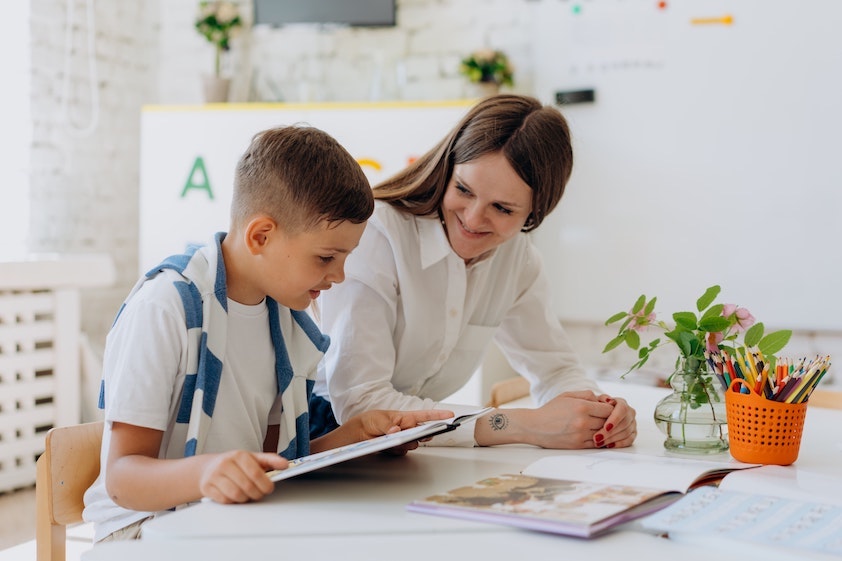Hands-on learning in preschool programs is a dynamic and effective approach that harnesses the innate curiosity of young minds, fostering a foundation for lifelong learning. These interactive experiences not only captivate the attention of preschoolers but also actively engage them in the learning process, making education an enjoyable journey. By incorporating tactile activities, such as arts and crafts, sensory play, and interactive games, preschool programs provide a rich and stimulating environment that goes beyond traditional classroom methods. One of the key benefits of hands-on learning is its ability to cater to diverse learning styles. Children possess unique ways of absorbing information, and interactive preschool programs acknowledge and accommodate these differences. Through hands-on activities, children with various learning preferences whether visual, auditory, or kinesthetic can grasp concepts more effectively. Manipulating objects, experimenting with textures, and engaging in collaborative play all contribute to a holistic learning experience that caters to the individual needs of each child.

Furthermore, hands-on learning enhances the development of essential motor skills. Fine and gross motor skills are crucial for a child’s physical and cognitive development, and interactive preschool activities provide an ideal platform for honing these skills. Whether it is holding a paintbrush, stacking blocks, or engaging in pretend play, these activities strengthen a child’s coordination and dexterity, laying the groundwork for future academic success. Tater Tots Christian Preschool cognitive and physical benefits, hands-on learning also nurtures social and emotional growth. Group activities encourage cooperation, communication, and teamwork, fostering a sense of community among preschoolers. Through interactive play, children learn to share, negotiate, and express themselves, building essential social skills that are invaluable throughout their lives. Moreover, hands-on experiences allow children to explore and express their emotions, promoting emotional intelligence and resilience.
The power of interactive preschool programs extends to fostering a genuine love for learning. When education is presented as an exciting and interactive adventure, children develop a positive attitude towards acquiring knowledge. Creative exploration and discovery become second nature, setting the stage for a lifelong love of learning. This enthusiasm not only enhances academic performance but also cultivates a curious and inquisitive mindset that prepares children for the challenges of the future. In conclusion, hands-on learning is a powerful catalyst for the development of young minds in preschool programs. By embracing interactive activities, educators can tap into the natural curiosity of children, providing a multi-sensory approach to learning. This method not only accommodates diverse learning styles but also promotes the development of motor skills, social competence, and a lifelong passion for education. Preschoolers engaged in hands-on learning are not just acquiring knowledge; they are actively participating in the joyous journey of discovery that will shape their educational outlook for years to come.
